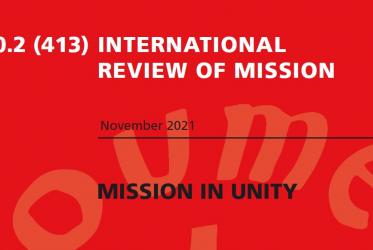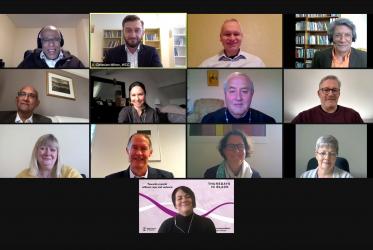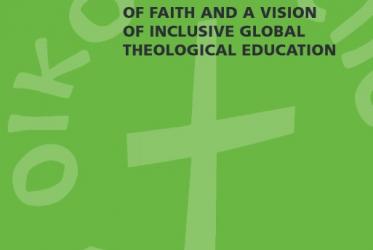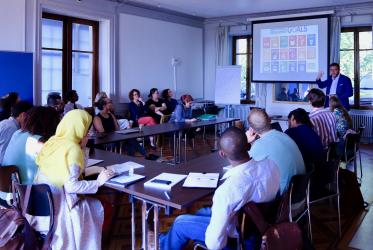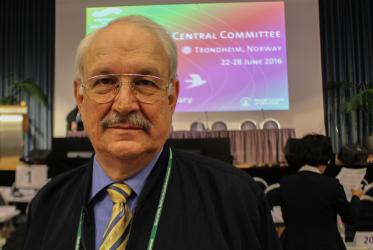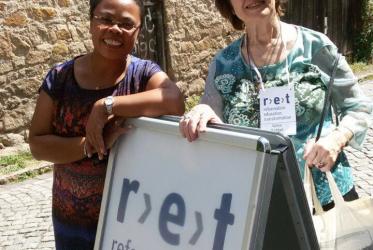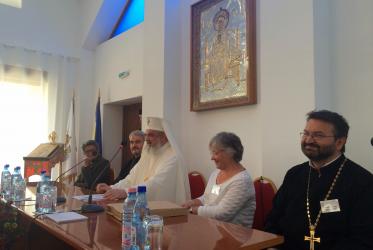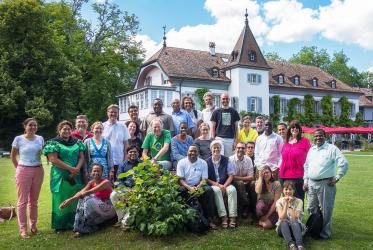Displaying 1 - 20 of 23
New student body at Bossey Ecumenical Institute “a source of joy”
14 September 2020
Those who make Bossey so special: The students
14 November 2019
Thursdays in Black: sharing support, transforming lives
21 February 2019
Bossey alums praise its 70 years of ecumenical formation
13 October 2016
Like pilgrims to the Ecumenical Centre, Geneva
07 April 2016
Addressing ecology, theology and justice in practice
01 July 2014

